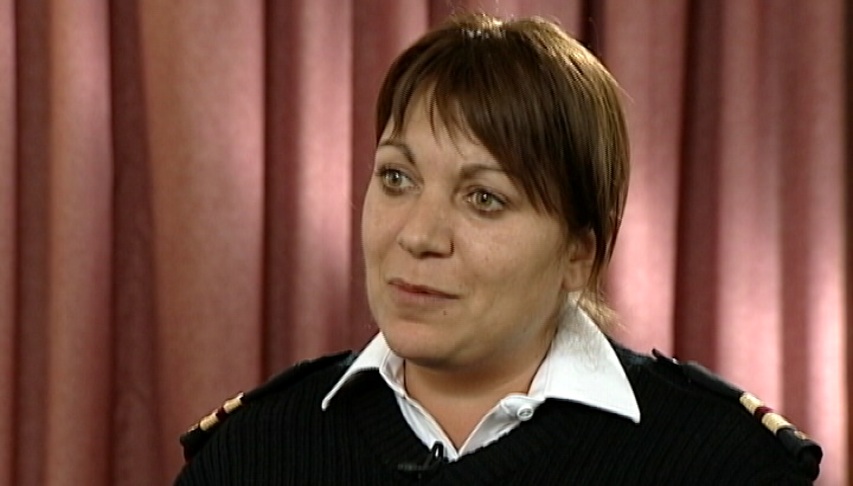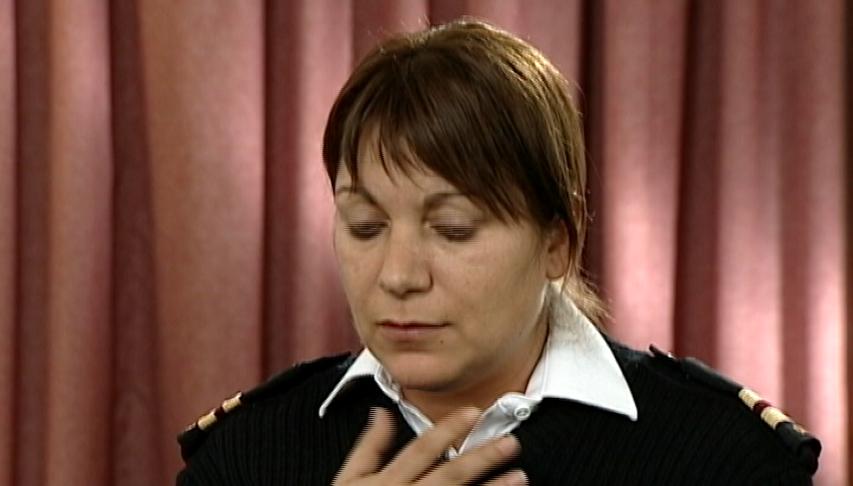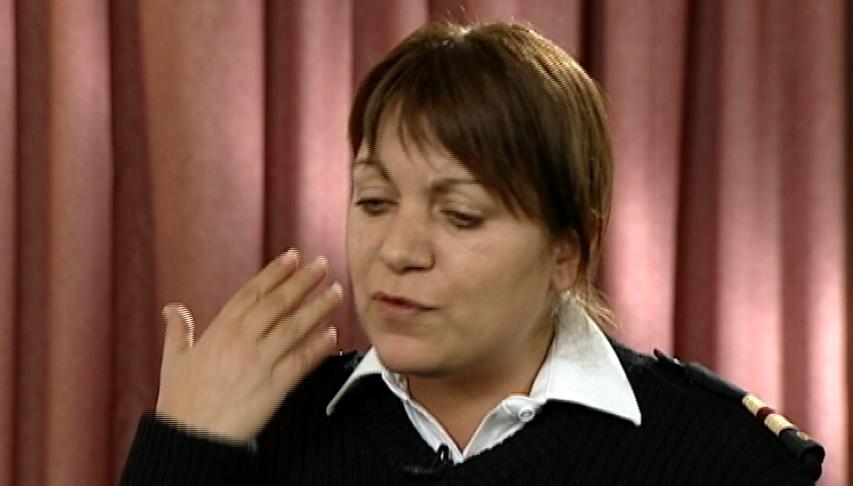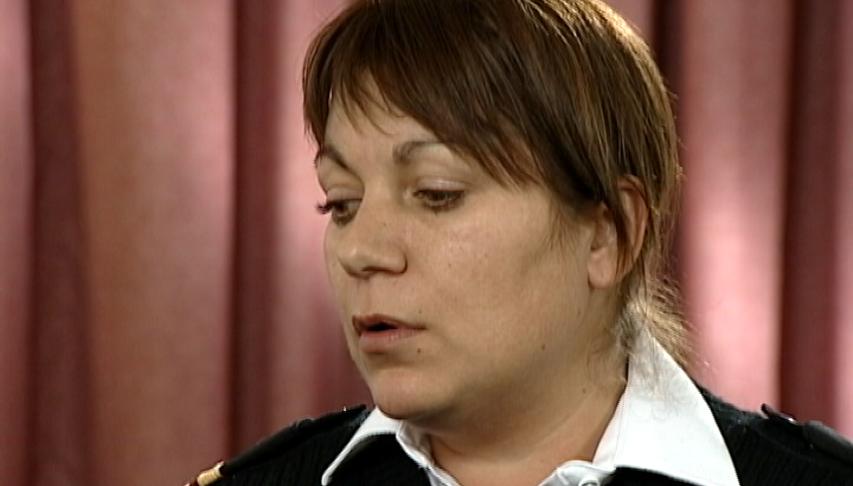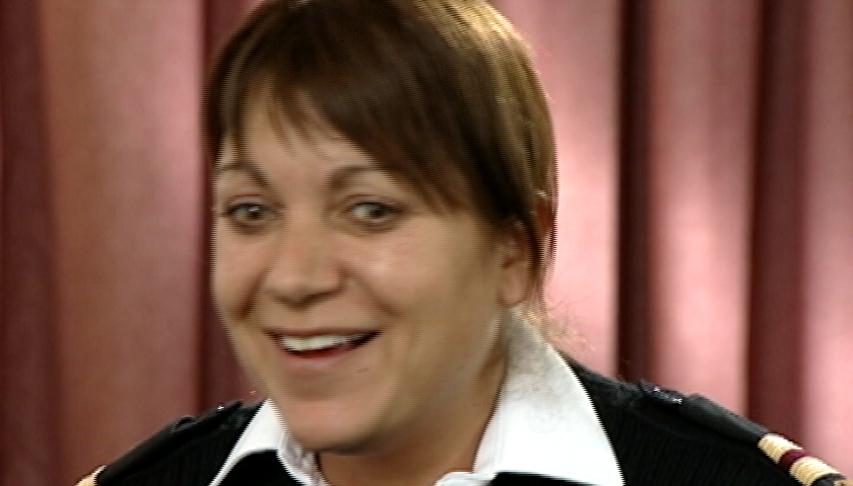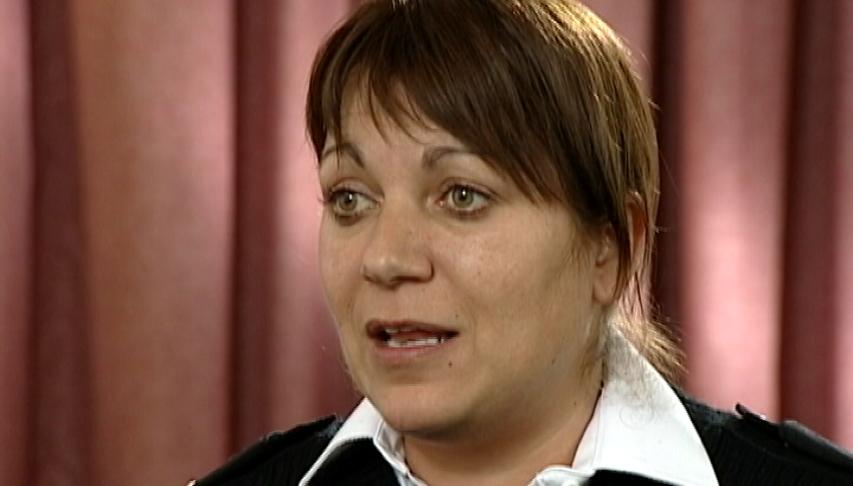That was the hardest part, was knowing that you can lose your
friends and we had a couple of things that we did for all the
nurses. If we were very, very close to certain people and we
knew they were coming through the door, we’d switch with another
nurse to make sure that we can give the best care. Now it never
happened where I had to take care of a person I personally knew
that was badly injured, but we had this little code all amongst
us. If it’s a person I can’t handle, I’m gonna say, we have to
switch okay. This is what we did for one another. We drew on
each other's strengths and weaknesses, our knowledge base ’cause
we're not experts in everything and everybody came with different
sets of knowledge. So if we didn’t understand something or
we’ve never gave a specific medication or a specific
treatment, “Who’s done this before? Who’s done that before?”
And everybody would share their knowledge. It was quite unique.
I’ve never seen that anywhere else and I’ve worked in civilian
hospitals before, but we had to rely on one another to make it
work. Certain of my friends I saw them stressing out.
You’d see it in their eyes. Eyes would change completely. If
they were going to, and especially the infanteers, they were
going outside that wire. I think they’re the most courageous
men and women I’ve ever seen because there were... I kept
saying, “You guys must, you know, I couldn’t do it,” I kept
saying, to them, “I couldn’t do it. I don’t know how you guys
do it.” And they kept saying to me, “Yeah, we’re afraid to go,”
but they’d still go. So that was the first thing I realized. Oh
my god, these people are the most courageous people I’ve
ever met. And you’d see it in their eyes. You’d see it in the
way they would react before going on certain operations. Some
people would start shaking and some people would, they’d go
‘deer in the headlights’ look and I made sure that they knew.
I’ve always talked to the infanteers or anybody that went
outside, made sure that they knew me as a friend and were
able to come to me if they needed to come speak to me, and a lot
of times I would just take them aside and talk to them,
see how they were doing and I find it helped. I had a friend
who told me that a few months ago that he wanted to know if I
remembered a specific conversation we had and
I said, “Yes, I remember, of course I would remember.”
He said, “You know, I really needed that. I needed you there at
that point to do what you did.” I said, “Okay.” But I find
it's a a responsibility as a nurse also to let them know that
you're there. You’re available for them.
And it’s not my job, like my duty to do that. I just felt that
was my responsibility to be involved as much as I could be.




